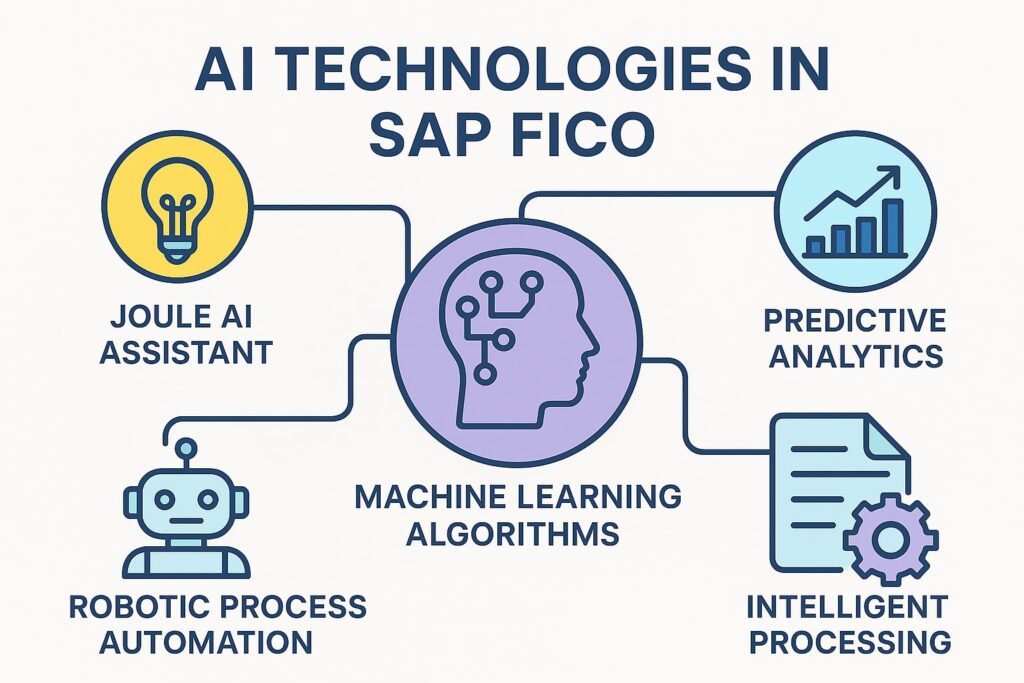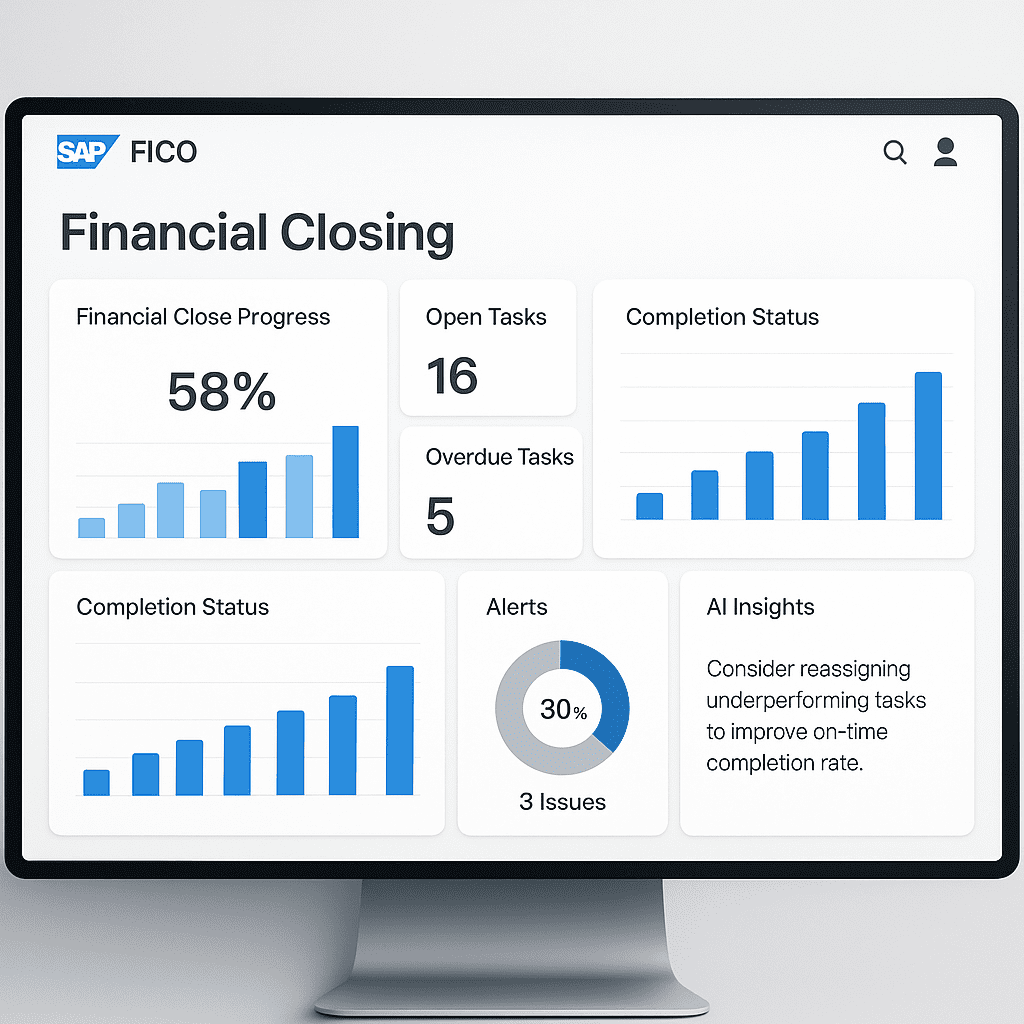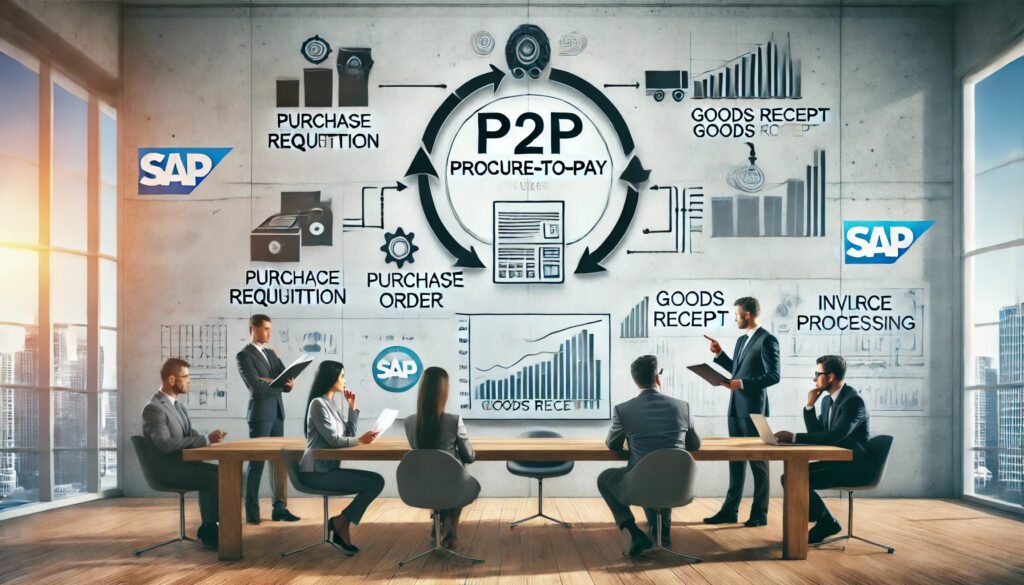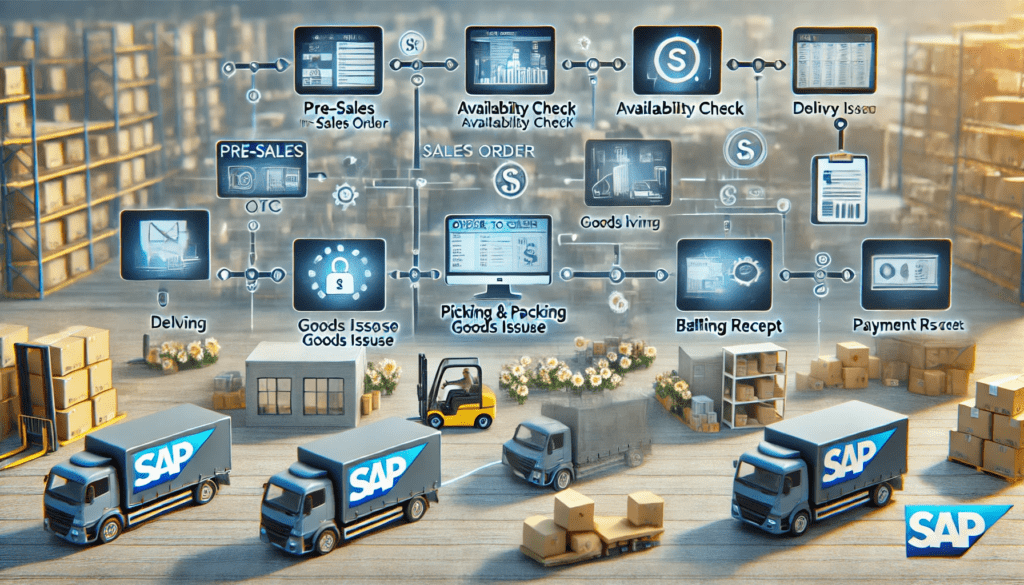The financial closing process has long been considered one of the most challenging and time-consuming activities for finance teams worldwide. However, the integration of artificial intelligence (AI) into SAP FICO is revolutionizing this critical business function, delivering unprecedented improvements in speed, accuracy, and efficiency. As we progress through 2025, organizations implementing AI-powered financial closing solutions are achieving remarkable results, with some companies reporting up to 60% reduction in closing times.

The Current State of Financial Closing Challenges
Traditional Pain Points
Financial closing processes in traditional SAP environments face several persistent challenges. Research indicates that 47% of financial leaders spend more time on financial close than any other process, highlighting the significant resource investment required. The average financial close still takes approximately 8 days, with many organizations struggling with manual processes that consume valuable time and resources.
Key challenges include:
Data silos requiring manual reconciliation between disparate systems
Error-prone manual tasks such as invoice matching, accrual calculations, and account reconciliation
Time-intensive processes for reconciling general and sub-ledgers
Compliance pressures with increasing regulatory requirements and audit demands
Delayed insights preventing timely strategic decision-making
The Cost of Inefficiency
The financial impact of inefficient closing processes extends beyond time delays. Organizations with manual-heavy closing procedures experience higher error rates, increased audit costs, and delayed business insights that can affect strategic decision-making. Studies show that companies still relying on traditional methods spend up to 70% of their time on data collection rather than analysis.
The AI Revolution in SAP FICO
Core AI Technologies Transforming Financial Closing
SAP’s integration of AI into its FICO module represents a fundamental shift from rule-based automation to intelligent, self-learning systems. The key technologies driving this transformation include:

1. SAP Joule – The AI Copilot
SAP Joule, the generative AI assistant fully integrated into SAP S/4HANA Cloud editions in 2025, serves as a “Virtual Analyst” for finance teams. Joule provides:
Real-time explanations of financial data and variance analysis
Automated identification of anomalies and discrepancies in general ledger entries
Contextual insights for resolving issues like unmatched invoices
Simplified navigation through complex financial workflows
2. Machine Learning-Powered Automation
Advanced ML algorithms now automate critical closing tasks:
GR/IR Reconciliation: Automated matching of goods receipts and invoice receipts with 99.8% accuracy
Cash Application: Intelligent matching of incoming payments with open invoices, learning from historical data patterns
Document Processing: AI extraction of data from financial documents, reducing manual entry requirements
3. Predictive Analytics and Forecasting
AI-powered predictive capabilities enable:
Anticipatory Accounting: Generation of expected revenue and cost entries before transactions are completed
Cash Flow Forecasting: Analysis of historical trends and market conditions for accurate liquidity predictions
Risk Assessment: Proactive identification of potential financial issues before they impact the close
Measurable Impact: The 60% Time Reduction Reality
Statistical Evidence from Real Implementations
The promise of dramatically reduced closing times is being realized across various industries. Recent case studies and implementations demonstrate:

Manufacturing Sector: A global manufacturing firm achieved a 20% reduction in financial closing time and 15% improvement in revenue recognition accuracy through SAP FICO AI implementation
Enterprise Implementations: Organizations with optimized SAP S/4HANA implementations report closing times that are 40-60% faster than traditional methods
Automation Rates: Companies implementing AI-driven solutions achieve 90% automation in reconciliations and 85% automation of manual accounting processes
Breakdown of Time Savings by Process
Research reveals specific time improvements across different closing activities:
| Process | Traditional Time | AI-Enabled Time | Time Saved |
|---|---|---|---|
| Financial Closing | 12 hours | 4 hours | 66.7% |
| Consolidation | 15 hours | 5 hours | 66.7% |
| Variance Analysis | 8 hours | 2 hours | 75.0% |
| Forecasting | 10 hours | 3 hours | 70.0% |
| Budgeting | 18 hours | 6 hours | 66.7% |
Source: AI-Enabled Applications in SAP FICO research data
Advanced Features Driving Efficiency
SAP S/4HANA Advanced Financial Closing (AFC)
The cloud-based AFC solution provides a comprehensive framework for orchestrating financial closing processes. Key capabilities include:
Template-Driven Automation
Pre-configured best-practice closing templates that reduce implementation time
Customizable task sequences with automated dependency management
15-25% faster closing cycles while ensuring high-quality, compliant results
Real-Time Monitoring and Analytics
Comprehensive visibility into closing progress across subsidiaries and headquarters
Critical path calculation to identify activities most important for meeting deadlines
Proactive alerts for skipped invoices, allocation errors, or pending approvals.

Intelligent Automation Features
Situation Handling
This proactive mechanism acts as a real-time monitoring system, immediately flagging critical issues during the financial close. By catching problems before they escalate, organizations prevent last-minute delays that can derail entire closing timelines.
Cross-System Integration
AFC’s ability to orchestrate processes across multiple SAP and non-SAP systems eliminates data silos and ensures consistent, accurate financial data throughout the organization.
Industry Success Stories and ROI
Pfizer: Global Financial Closing Transformation
Pharmaceutical giant Pfizer implemented SAP’s advanced financial closing solutions to manage 400 companies globally, resulting in:
Increased efficiency and speed of monthly closing processes
Enhanced automation of complex financial closing cycles
Improved compliance and audit readiness across multiple jurisdictions
Financial Services Transformation
Banks and insurance companies implementing AI-powered closing solutions report:
Up to 80% of processes automated through Financial Control platforms
Approximately 30% reduction in time to close through intelligent automation workflows
Enhanced regulatory compliance with comprehensive audit trails
Manufacturing Excellence
A leading manufacturing company’s SAP FI transformation delivered:
60% reduction in month-end closing time
85% automation of manual accounting processes
Real-time financial reporting capabilities enabling faster decision-making
Implementation Strategies for Success
Phased Approach to AI Adoption
Organizations achieving the greatest success follow a structured implementation methodology:
Phase 1: Foundation Building (Weeks 1-12)
Assessment of existing SAP FICO landscape and process mapping
Stakeholder engagement and change management preparation
Data quality improvement and master data governance
Phase 2: Core AI Implementation (Weeks 13-24)
Deployment of SAP S/4HANA with embedded AI capabilities
Configuration of intelligent automation workflows
Integration with existing systems and third-party applications
Phase 3: Advanced Analytics and Optimization (Weeks 25-36)
Implementation of predictive analytics and forecasting models
Fine-tuning of machine learning algorithms
Performance monitoring and continuous improvement processes
Critical Success Factors
Data Quality and Integration
High-quality, integrated data serves as the foundation for effective AI algorithms. Organizations must ensure:
Consistent master data across all integrated systems
Real-time data synchronization between modules
Comprehensive data governance frameworks
Change Management and Training
Successful AI adoption requires:
Comprehensive training programs for finance teams
Clear communication of benefits and expected changes
Gradual transition from manual to automated processes
Technology Infrastructure
Robust technical infrastructure supporting:
SAP S/4HANA Cloud or on-premise implementations
Integration capabilities for multiple ERP instances
Scalable computing resources for AI processing
Overcoming Implementation Challenges
Common Obstacles and Solutions
Skills Gap Concerns
Challenge: Limited expertise in AI and S/4HANA within finance teams
Solution: Comprehensive training programs and partnerships with SAP consultants
Impact: Organizations investing in proper training achieve 91.2% success rates in meeting functional objectives
System Complexity
Challenge: Integration across multiple legacy systems
Solution: Phased migration approach with careful dependency mapping
Impact: Proper planning reduces implementation risks and ensures smoother transitions
Change Resistance
Challenge: Finance team hesitation to adopt AI-driven processes
Solution: Demonstration of quick wins and gradual automation implementation
Impact: Early automation successes build confidence and drive broader adoption
Future Outlook: Beyond 2025
Emerging AI Capabilities
The evolution of AI in SAP FICO continues to accelerate, with emerging capabilities including:
Autonomous Financial Closing
Fully automated closing processes requiring minimal human intervention
AI-driven decision-making for complex financial scenarios
Continuous learning and improvement from historical data
Advanced Predictive Analytics
Real-time risk assessment and mitigation recommendations
Market-driven forecasting integrated with internal financial data
Prescriptive analytics suggesting optimal financial strategies
Enhanced Compliance Automation
AI-powered regulatory compliance monitoring
Automated generation of compliance reports from real-time data
Proactive identification of compliance risks and remediation suggestions
Conclusion
The transformation of financial closing through AI-powered SAP FICO represents more than just technological advancement—it’s a fundamental reimagining of how finance teams operate. With documented time reductions of up to 60% and automation rates reaching 90%, the promise of intelligent financial closing is becoming reality for organizations worldwide.
The combination of SAP Joule’s intelligent assistance, machine learning-powered automation, and predictive analytics creates a comprehensive ecosystem that not only accelerates closing processes but also enhances accuracy, compliance, and strategic insight generation. As we progress through 2025, organizations that embrace these AI capabilities position themselves for sustained competitive advantage in an increasingly complex business environment.
The journey toward AI-powered financial closing requires careful planning, adequate investment in training and infrastructure, and a commitment to continuous improvement. However, the measurable benefits—from dramatic time savings to enhanced accuracy and compliance—make this transformation not just advantageous but essential for modern finance organizations seeking to thrive in the digital age.
Success in this transformation lies not just in technology adoption, but in the strategic integration of AI capabilities with existing business processes, supported by proper change management and a clear vision for the future of finance operations. The 60% time reduction target is not merely aspirational—it’s an achievable reality for organizations committed to leveraging the full potential of AI-powered SAP FICO solutions.



